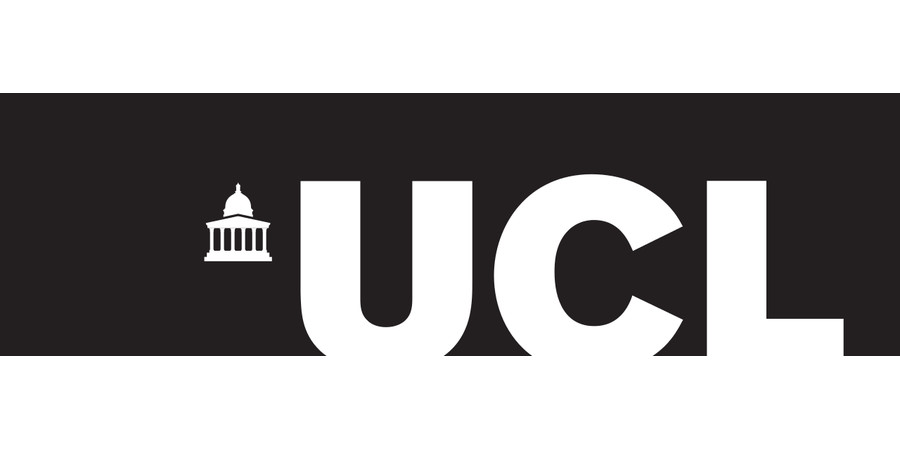PhD Studentship: Micro and Meso Level Strategies for Combatting Resistant Tuberculosis and Other Mycobacterial Diseases
UCL - London Centre for Nanotechnology
| Qualification Type: | PhD |
|---|---|
| Location: | London |
| Funding for: | UK Students, EU Students, International Students |
| Funding amount: | Stipend at UKRI rate |
| Hours: | Full Time |
| Placed On: | 26th November 2025 |
|---|---|
| Closes: | 12th January 2026 |
| Reference: | CDT-AMR 2026 007 |
Abstract:
Tuberculosis (TB), caused by Mycobacterium tuberculosis, remains a leading contributor to global antimicrobial resistance (AMR). Non-tuberculous mycobacteria (NTM) also pose serious threats, particularly to immunocompromised individuals. This project investigates two underexplored cyclic antimicrobial peptides—nisin and wollamide—for their potential to combat drug-resistant mycobacterial infections. The student will characterise their mechanisms of action using cross-linking mass spectrometry and assess their effects on mycobacterial membrane integrity and cell wall metabolism. Synthetic analogues will be developed and screened alone and in combination with existing antimicrobials. The ultimate goal is to design novel chemotherapeutic combinations that disrupt cell wall remodelling and quorum sensing, offering new strategies to overcome resistance.
Approach and Methods:
- Use cross-linking mass spectrometry to identify peptide targets in mycobacterial membranes
- Study effects on cell wall metabolism and membrane integrity
- Design and synthesise small libraries of peptide analogues
- Screen compounds against drug-susceptible and drug-resistant clinical isolates
- Develop combination therapies targeting cell wall remodelling and quorum sensing
Impact and Outlook:
This project will advance understanding of novel antimycobacterial peptides and their mechanisms of action, with the potential to inform next-generation therapies for TB and NTM infections. By exploring combination strategies and targeting underexploited pathways, the research could contribute to overcoming resistance and improving treatment outcomes in vulnerable populations.
Training and Student Development:
The student will receive interdisciplinary training in:
- Peptide synthesis and structural analysis
- Advanced mass spectrometry techniques
- Microbiology and molecular biology
- Enzymology and antimicrobial screening
Training will take place across three state-of-the-art laboratories, with opportunities for collaboration, publication, and conference presentation.
Research Environment:
The project is jointly hosted by UCL Chemistry and the Institute of Structural and Molecular Biology (ISMB), in collaboration with Birkbeck. The student will benefit from a multidisciplinary environment combining expertise in chemical biology, microbiology, and structural analysis. The labs involved are well-equipped and actively engaged in AMR research, offering a supportive and collaborative setting for doctoral training.
Desirable Prior Experience:
- Background in chemistry, biochemistry, microbiology, or molecular biology
- Experience with peptide synthesis, mass spectrometry, or antimicrobial assays is advantageous
- Interest in antimicrobial resistance and drug discovery
How to apply
This project is offered as part of the Centre for Doctoral Training in Engineering Solutions for Antimicrobial Resistance. Further details about the CDT and programme can be found at AMR CDT webiste
Applications should be submitted by 12th January 2026.
Advert information
Type / Role:
Subject Area(s):
Location(s):









